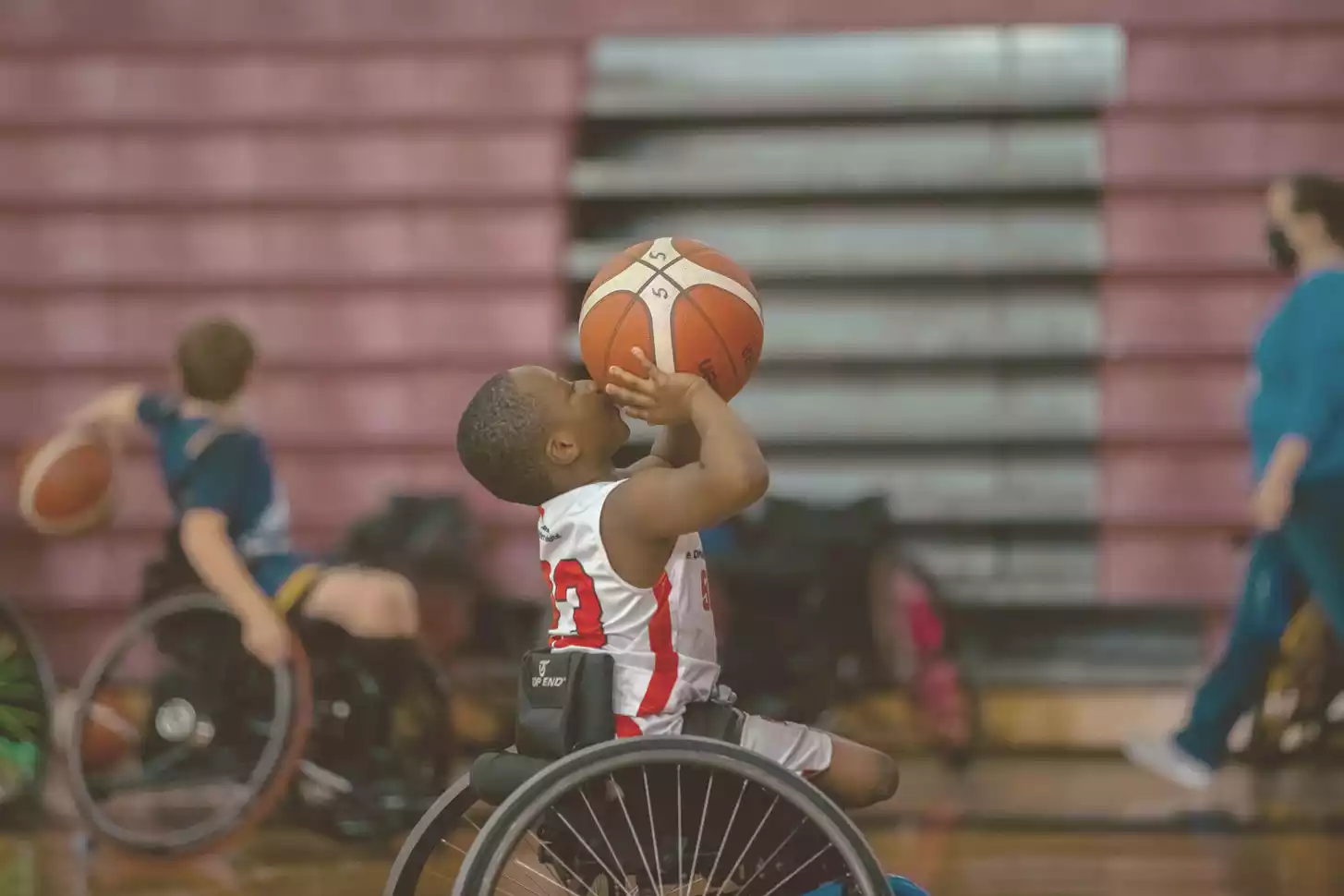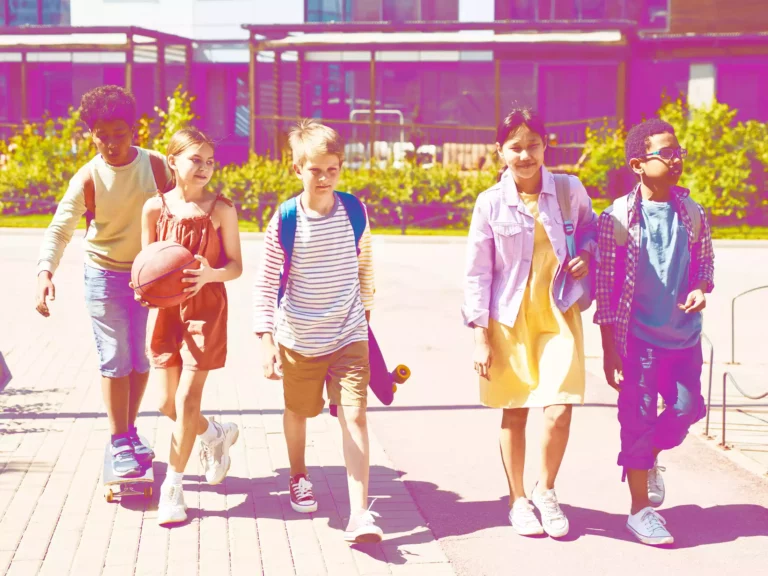PALs are a great way for young people to connect with police officers and build positive relationships. To protect participants, it’s important to establish conduct guidelines for all staff, volunteers, and families. With effort, you can foster an environment that celebrates diversity and respects individual differences in an atmosphere of mutual respect.
Studies have shown that young people who are involved in PAL programs are more likely to go on to college and stay out of trouble. They also report feeling closer and safer around police officers, leading to better relationships between law enforcement and the community they serve.
As directors and organization leaders of PAL programs, it is your responsibility to create an environment that is safe and inclusive for all participants. This includes protecting young people from any form of discrimination or intimidation based on race, gender identity or expression, physical or cognitive ability, sexual orientation, ethnicity or religion.
Here are some tips to encourage safe and inclusive behavior in your PAL’s Programs:
Establishing Conduct Guidelines
Establish clear guidelines, expectations and consequences. Make sure that all staff, volunteers, participants and families are aware of the rules and regulations of your program.
When setting up a PAL program, it’s important to establish expectations and guidelines for student conduct. This will provide guidance and structure to ensure the safety of all participants and maintain an environment conducive to learning.
Provide a zero tolerance policy for any form of discrimination or bullying. The Zero Tolerance Policy should include a clear definition of bullying and discrimination, applicable consequences for engaging in any form of such behavior, and a safe reporting process.
Involve Youth in Developing Codes Of Conduct
Involve youth in developing the code of conduct or behavioral expectations for the program. When young people have a sense of ownership over their environment they will be more likely to adhere to it.
The Rule of Respect
This code of conduct states that all participants are expected to demonstrate respect towards each other and staff members. Bullying or any form of aggressive behavior is not tolerated and consequences will be enforced if a participant’s behavior does not reflect this principle. Understanding the basis and core of conflict can be most beneficial for program leaders.
Respect for one another and respect for the program builds from PAL program leadership.
Positive Behavior Support System (PBIS)
A PBIS system uses positive reinforcement to promote appropriate student behaviors. It is based on clear expectations which are outlined during the program orientation, consistent monitoring, recognition for students who adhere to the expectations and reinforcing desired behaviors with praise or rewards.
Gender Inclusion in Athletic Leagues
Ensure that individuals of different gender identities are able to participate without discrimination or fear of harassment by establishing rules about appropriate language use towards each other during practice sessions or competitions.
Make sure to provide an equitable distribution of coaching positions for male-identifying persons as well as female-identifying ones so that athletes feel supported regardless of their identity or gender expression .
Take time to discuss these guidelines and expectations with participants, emphasizing the importance of respect for each other and the value of diversity.
Promote Respect in your PAL Program
Encourage participants to treat each other with respect and be tolerant of differences in race, creed, color, gender identity/expression, national origin or ability.
Ensure respect for diversity – provide resources like books and conversations about various cultures/backgrounds that help create an inclusive environment for different types of people.
Place emphasis on respecting opponents rather than simply “beating” them through instruction about pre-game handshakes, post-game cheers with opposing teams and thank yous after every contest: win or lose!
It starts with the coaches
Train coaches, mentors and volunteers on the importance of creating a positive environment in which everyone feels respected. Show staff how they can create an inclusive atmosphere that celebrates diversity in backgrounds, abilities and perspectives while still adhering to core values such as respect for others, honesty and good sportsmanship.
Ensure that every coach holds themselves accountable for promoting respect throughout their programs by modeling appropriate behaviors.
Encourage Positive Self-Talk and Confidence Building
Coach participants to be confident in their abilities, encourage positive self-talk, and recognize achievements. Help young people set goals for success both on the field and off – share stories of successful adults who have achieved through hard work or overcome obstacles to be successful.
Teaching youth leadership skills starts with coaches, and builds on core developmental pillars. Young people need these skills to thrive in our complex society.
Model positive self-talk by speaking kindly to yourself and others. Show that building confidence is a key part of success.
Positive self-talk and confidence building can have a huge impact on the well-being of an individual.
Provide Physical Space and Equipment Accessibility
Ensure that the physical space and equipment used by your program is accessible to all. This includes providing ramps or elevators for those who need assistance with mobility, wheelchair-accessible basketball hoops, softball bases with lower profiles and any other adjustments necessary to make activities available to everyone.
Athletics for those with physical disabilities is a growing field. There are now options available, from team sports such as wheelchair basketball and sled hockey to individual events such as the Paralympic Games. These opportunities provide individuals with physical disabilities a chance to develop their skills in athletics, have fun and compete at various levels of competition.
Sports organizations offer adaptive sport leagues which cater specifically to people with physical disabilities and may include modified rules so participants can still fully enjoy the game or event. Many schools provide either teachers who specialize in teaching activities that involve modifications for students with special needs or programs designed especially for them.
Could your PAL benefit from offering programs tailored to those living with physical disabilities?
Inclusive Language on Your PAL’s Website
It is important to recognize the need for inclusivity and work towards creating an environment that is respectful and inclusive of everyone.
For many PALs, your website can have a broad reach that connects to many in and outside of our community. Using inclusive language on your PAL website is important to ensure that all individuals feel welcome and included. Here are some tips to consider when creating content for your website:
- Avoid gender-specific language
- Eliminating redundant phrases such as “both genders”
- Be conscious of any ableist language
- Avoid phrases such as “lame,” “crazy” or other slangterms which could be offensive to someone with a disability
- Refraining from using words like “minority” when they are not absolutely necessary
- Encouraging a welcoming tone throughout all pages
- Include images on your website which feature people from different cultures and backgrounds in your community
Inclusive language is a way of writing and speaking that respects the diversity of people in any given environment. By using inclusive language, you can ensure that your PAL website welcomes all members of your community and promotes respect for individual differences.
Implement Anti-Bullying Procedures
Develop a policy that outlines appropriate behavior standards which clearly define what constitutes bullying and establish procedures for reporting it to PAL staff members or other adults who can take action. Including this information in the program materials distributed at registration is also helpful.
Creating a safe and welcoming environment for all participants is essential to the success of any PAL program. By following these tips, you can help ensure that your program provides an inclusive and positive experience for everyone involved.

Additional resources
Explore some of the resources available for PAL program leaders and discover tools for running your Police Activity League. PALPartner.org is the leading provider of software solutions and websites for Police Activity Leagues across the United States.
- Take a look at the PALPartner Nonprofit Program Inclusivity Checklist
- Learn more about How to Handle Conflict in your Nonprofit program.
- Learn more about the best practices for using Inclusive language on your PAL website
- Understanding Inclusivity: Where it starts, how to support it, and why it matters for your organization, PALPartner.org, [printable PDF document], [printable Word .doc document]



